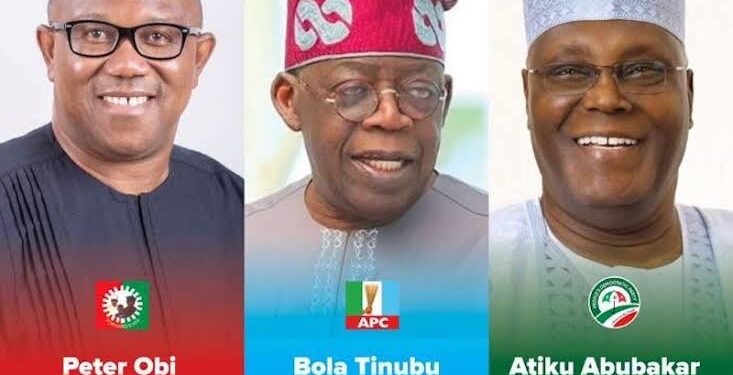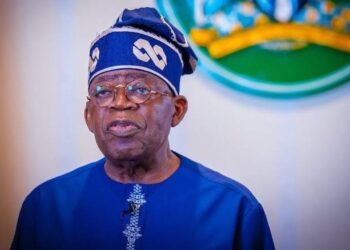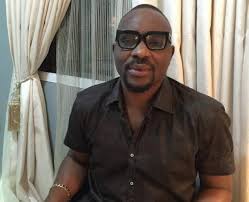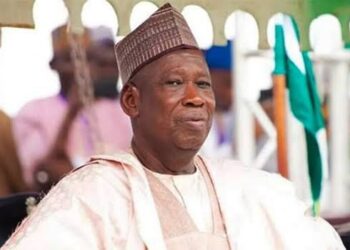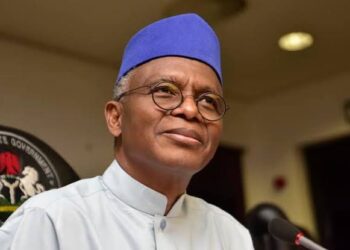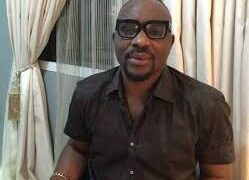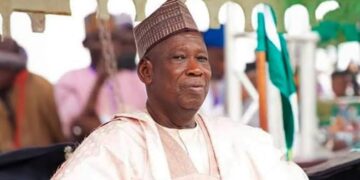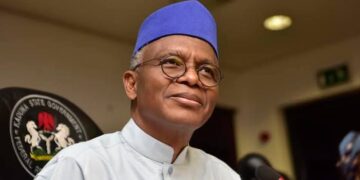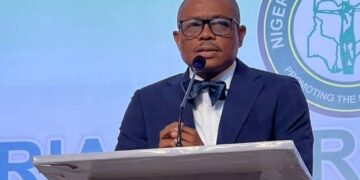The crises plaguing nearly all political parties in Nigeria highlight the fragile state of the nation’s emerging democracy. The challenges are pervasive, with parties grappling with severe issues such as violence and relentless leadership disputes.
The major opposition parties, including the Peoples Democratic Party (PDP), Labour Party (LP), and the New Nigeria Peoples Party (NNPP), are all experiencing similar difficulties. The ruling party, the All Progressives Congress (APC), which is supposed to set an example, is also deeply entangled in its problems.
The current political scene is marked by chaos. Both the ruling APC and opposition parties are in disarray, and there are signs that preparations for the 2027 presidential election are already underway. This early jockeying for position is exacerbating existing tensions within the parties.
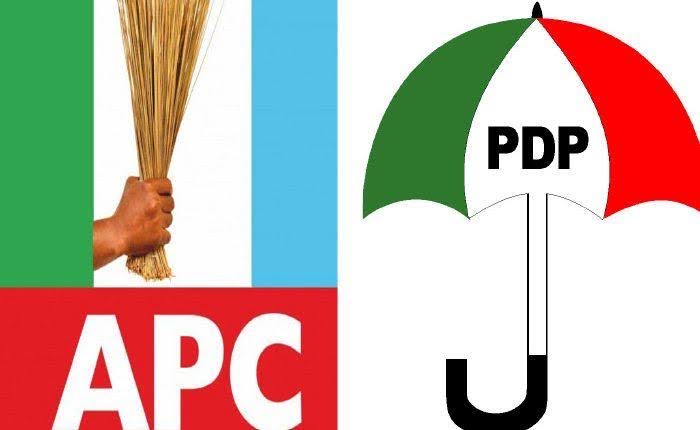
In the PDP, a significant struggle for control is unfolding between Atiku Abubakar, the party’s 2023 presidential candidate, and former Rivers State Governor Nyesom Wike. Wike, leveraging his role as Minister of Federal Capital Territory (FCT), has been aggressively working to dominate the party’s leadership structure. His actions have led to a pronounced factional split, with Atiku’s influence diminishing significantly.
This battle has caused a major rift within the party, affecting its cohesion and effectiveness. Efforts to resolve the PDP’s internal conflict have included attempts to change the national leadership and reconstitute the Board of Trustees (BoT).
However, these measures have not resolved the underlying issues, leading to further polarization among key stakeholders, including governors, National Assembly members, and party leaders.
Former Benue State Governor Gabriel Suswam has criticized the PDP’s internal dynamics, attributing its troubles to arrogance and internal power struggles. He argues that the party needs new, effective leadership to address its issues and restore its former strength. Suswam’s comments highlight the belief that the party’s failure to manage internal dissent has contributed to its weakened state.
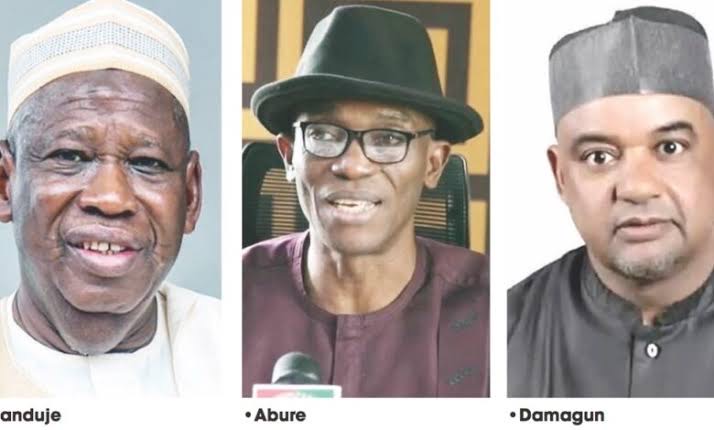
Recent statements by Bode George, a former Deputy National Chairman of the PDP, have further inflamed the situation. George suggested that Atiku should not seek the 2027 presidential nomination, advocating for a southern candidate instead. This has intensified the factionalism within the party and added to the complexity of its leadership crisis.
The LP’s crisis is equally troubling. Internal disputes have escalated, particularly with allegations of financial mismanagement and conflicts over leadership legitimacy. Figures such as Julius Abure, the party’s national chairman, and Governor Alex Otti of Abia State are at the center of these disputes.
The ongoing turmoil in the LP is seen by some as an effort to undermine the party’s 2023 presidential candidate, Peter Obi, and diminish his prospects for the 2027 election.
Despite these challenges, Obi remains optimistic that the LP’s issues can be addressed through open dialogue and collaboration among stakeholders. His focus is on finding solutions that will stabilize the party and prepare it for future electoral contests.
In the APC, speculation about potential leadership changes, particularly concerning national chairman Abdullahi Umar Ganduje, has created additional uncertainty. Although party officials have downplayed these rumors, suggesting that upcoming meetings are routine rather than indicative of leadership changes, the speculation persists. The APC’s internal dynamics will be crucial as the party navigates its way through the political landscape in the run-up to the 2027 election.
Overall, the crises within Nigeria’s political parties reflect broader challenges facing the country’s democracy. The ongoing struggles highlight the need for effective leadership and internal cohesion to ensure stability and progress as Nigeria approaches its future electoral contests. The ability of these parties to resolve their issues will be critical in shaping the nation’s political future.


